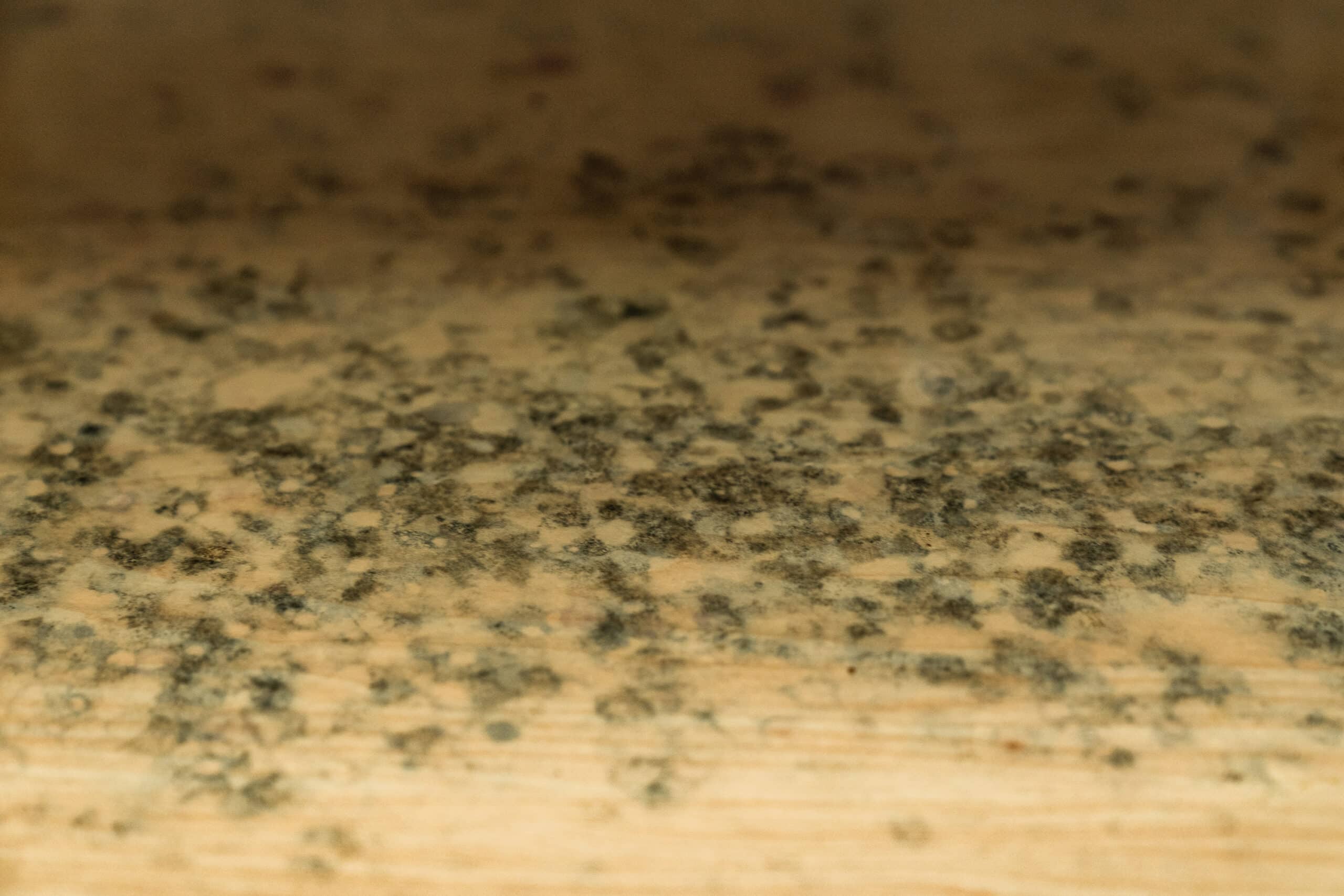If you've ever had a plumbing leak or water damage in your home, you likely dealt with mold, too. When mold spores come into contact with moisture, they grow and reproduce. Three types of mold commonly grow in homes: 1) allergenic, which causes discomfort for people with allergies and asthma; 2) pathogenic, which can cause distress to those with weak immune systems; and 3) toxigenic, which includes the most dangerous kind of mold—black mold.
The Dangers of Black Mold
Black mold, also known as Stachybotrys chartarum, is a highly toxic fungus that thrives in damp, dark environments. It produces mycotoxins—poisonous compounds released into the air that lead to serious health problems when inhaled or ingested. Once mycotoxins are in your body, they can cause various health problems, such as respiratory, memory, and skin issues. Spending time in a room containing black mold can affect your physical and mental health. If you're exposed to black mold over a long period of time, it can even lead to death.
Symptoms of Toxic Black Mold Exposure:
- Coughing
- Difficulty breathing
- Bleeding in the lungs
- Pulmonary edema and hemorrhage
- Headaches
- Problems with memory and memory loss
- Hallucinations
- Brain fog
- Seizures
- Fatigue
- Bleeding gums
- Vomiting blood
- Eye inflammation
How to Prevent Black Mold From Growing in Your Home
The key to preventing mold growth is to control moisture levels. Black mold needs moisture to grow, so keeping your home dry will make it much harder for the fungus to take hold. Here are some tips for preventing moisture buildup in your home:
- Use a dehumidifier: Dehumidifiers help remove excess moisture from the air, making it harder for mold to grow.
- Fix leaks: All water leaks should be fixed as soon as possible. Leaks from pipes, roofs, windows, and doors can all lead to moisture buildup inside your home.
- Ventilate damp areas: Areas of your home with high humidity (like kitchens and bathrooms) should be well-ventilated to prevent moisture buildup.
- Dry wet areas quickly: If any areas of your home get wet (from leaks, spills, condensation, etc.), dry them out quickly to prevent mold growth.
- Clean regularly: Routine cleaning and disinfecting will help remove mold spores that may have made their way into your home.
- Inspect for signs of mold: Keep an eye out for signs of mold growth in your home (discolored walls or ceilings, musty smells, etc.), and deal with them immediately when you spot them.
With these tips in mind, you can help prevent black mold from taking hold in your home and posing a danger to your family’s health.
If you suspect black mold is in your home, it's crucial to take action immediately. The first step is to hire a professional to remove it. Black mold can be challenging to deal with on your own and can cause further damage to your home if not removed properly. Simply scraping it off will not get rid of it completely; it will continue to grow. Contact Dreyer’s DKI to eliminate black mold using the proper equipment and methods. Our professional mold remediation services will ensure the mold is gone for good.
Never take mold lightly, especially when you are dealing with black mold. For your safety, this microorganism is best left to the professionals. If you need mold remediation services in the areas surrounding Gainesville, Ocala, and Lake City, Florida, please call us at 352-403-0085.





